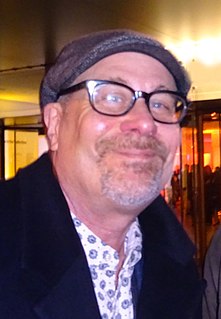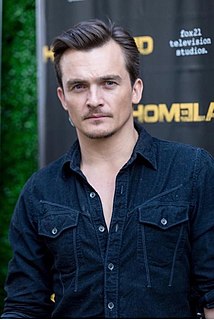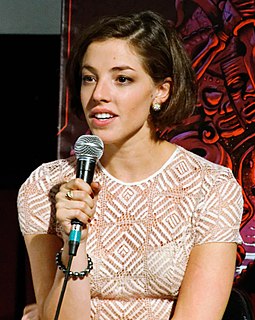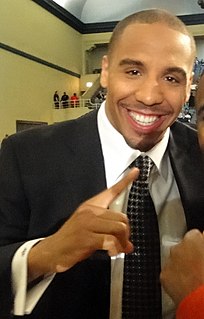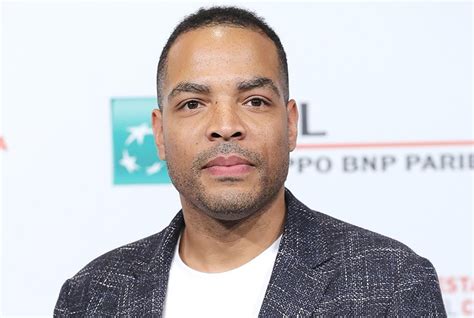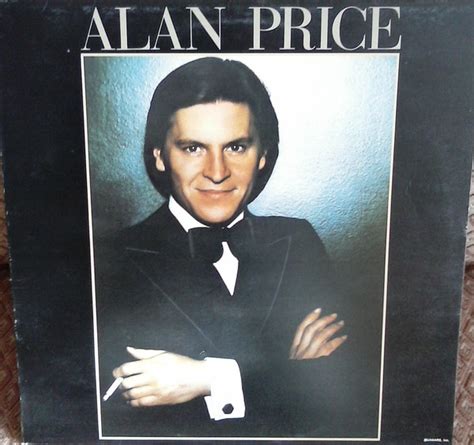A Quote by William Shatner
I think making a good film shot is joyful.
Related Quotes
If I'm ever working on a set and anyone talks about a master shot, I say there is no master shot. Before I even went to film school, I learned about movies by being in a British feature film, where everything was shot master shot, mid-shot, close-up. But I reject the idea of a master shot. You don't shoot everything mechanically; you find imaginative ways that serve the action.
During the entire process of making this film I never thought about whom I was making it for. I always thought that the film was for me, but I didn't think of any of that. I just did what I thought I had to do. I didn't think, "This is what children are going to think" or "This is what adults will understand."
I still to this day maintain that in that million-and-a-half feet of film [Heaven's Gate] that we shot, we thought we were making a great American film. I honestly believe that Michael [Cimino] was under a tremendous amount of pressure, and Michael's response to pressure from what I saw was to double down and to get more aggressive and to get more kind of arrogant, but I don't think it was real. I think it was the response to pressure.
Most people look at a feature film and say, "It's just a movie." For me there is no border or wall between fiction and documentary filmmaking. In documentaries, you have to deal with real people and their real feelings - you are working with real laughter, happiness, sadness. To try to reflect the reality is not the same as reality itself. That's why I think that making a good documentary is much harder than making a good feature film.





